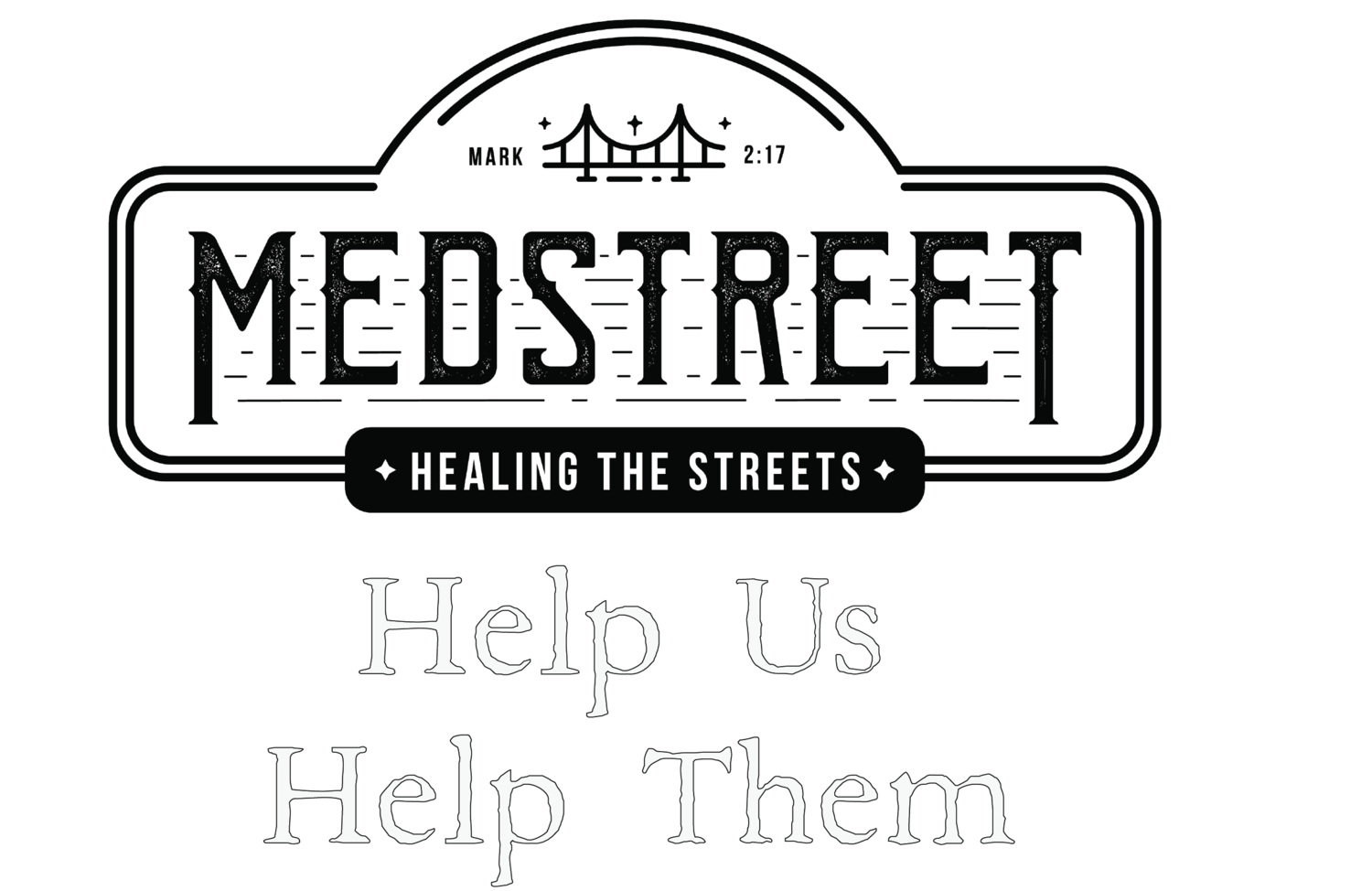Emily initially resisted offers of help. She didn’t think anything was wrong with her, and she didn’t want to tell us anything about herself because she was afraid of us. When she would see us coming, she would retreat into her space, hiding from the MedStreet team.
Some of her neighbors told us that Emily had some medical problems, and they were concerned about her obviously frail condition.
After several visits by the MedStreet team to the dilapidated motel, Emily finally agreed to let us examine her. She presented with chronically high blood pressure, so high that she was in jeopardy of suffering a stroke or any number of the other issues triggered by high blood pressure. MedStreet prescribed a high blood pressure medication and followed up with her nearly every time the team made a visit. Her blood pressure had come down in the few short months of our visits.
All seemed well, but on a recent visit, Emily was not to be found. The team subsequently heard from a neighbor that she had stopped taking her medication. They said that her blood pressure had spiraled out of control and that she had an incident. Someone had called 911 to take her in the hospital. They didn’t know much more than that. They weren’t sure if she had a stroke. They seemed genuinely worried about her. But were they telling us everything? And was what they were telling us the right information?
When the team next saw her, Emily had again run out of her medication. MedStreet’s team connected with the MedStreet physician to conduct a remote telehealth visit with Emily. Surprisingly, her pressure was erratic, so he prescribed a lower dose medication which he sent by e-scrip to a local pharmacy. The MedStreet team quickly ran to the pharmacy to pick up the medication and returned to deliver it to her.
But she was gone.

